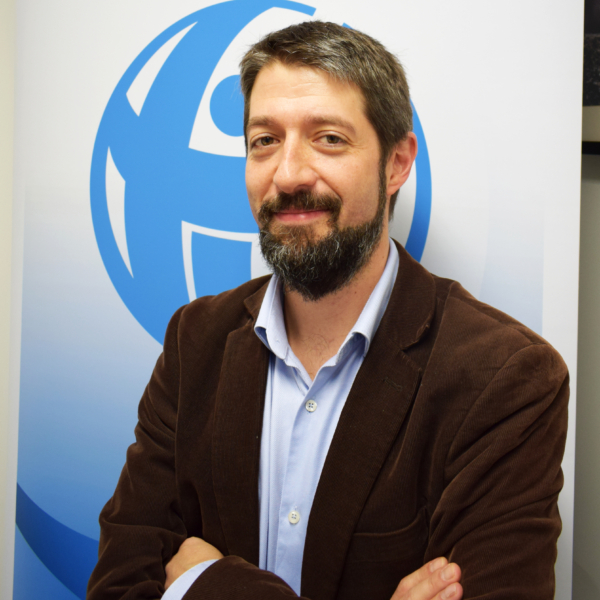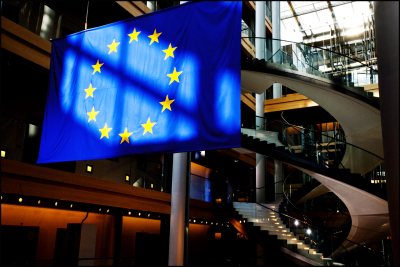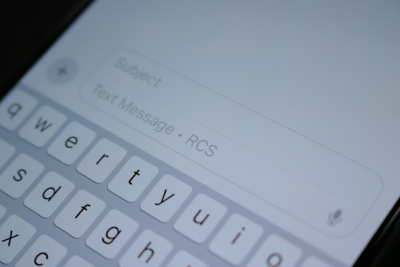Last week it was revealed that Henrik Hololei, Director-General of the European Commission’s DG MOVE, had enjoyed nine free business class trips on Qatar Airways between 2015 and 2021. Six of these free flights occurred while the EU was negotiating an aviation agreement with Qatar. Four were paid for by the Qatari government or a group with links to Qatar. One was paid for by the Arab Air Carriers Organization (AACO), for Mr. Hololei to attend its annual general meeting in Doha.
The European Commission has strenuously denied any wrongdoing, arguing that a 2017 trip to Qatar paid for by the Qatari government was unrelated to the EU-Qatar aviation deal (which begs the question what the trip was for), and that any potential conflicts of interest were “carefully considered and excluded” – by Mr. Hololei himself, as it turns out.
But even if Mr. Hololei followed the correct procedures, that doesn’t necessarily mean he made the right calls. Both Mr. Hololei and the Commission should be held accountable for decisions that, on the face of it, were unethical and definitely not in the public interest.
It seems that Mr. Hololei’s laid-back approach to professional integrity extends to other areas, too. According to the European Ombudsman, Hololei did not declare his participation in the Arab Air Carriers Organization (AACO) event in the Commission’s register of lobby meetings, despite being required by Commission rules to do so. When it comes to not declaring lobby meetings, Hololei has a history. In 2019, he was called out for not declaring nine lobby meetings with industry groups, including Airbus and Bombardier.
Mr. Hololei’s free trips on Qatar Airways – and the hotel accommodation he is said to have accepted on the ground – generated an obvious conflict of interest with his official responsibility for developing EU aviation policy (including the dealmaking with Qatar). At the same time, his failure to declare lobby meetings constitutes a prima facie breach of his duties as a senior official. His past dealings with outside interests should be thoroughly and independently investigated, not airily dismissed. Pending the outcome of such an investigation, Mr. Hololei should step back from his role.
The Commission has now announced that in future, Directors-General will no longer be able to approve their own free trips. Instead, they will have to be approved by the Head of Cabinet of the Commissioner in charge of their department. But that would not ensure proper accountability. Instead, approval should come from the Commission’s top official, the Secretary-General, to ensure that there is central oversight, and to make sure that the rules are interpreted and applied in a uniform way.
More importantly, there is no good reason for Commissioners or officials to accept *any* free trips or other perks from third parties. If it’s in the Commission’s interest to go, the Commission should pay. Commission rules already stipulate that as a general rule, Commission staff should not accept free hospitality, such as accommodation and meals. It should be no different for a business class flight. As these rules point out, “there is no such a thing as a free lunch”.
But tinkering with the existing system is not enough. The Commission has demonstrated once again that when it comes to matters of ethics and integrity, self-policing by the EU institutions doesn’t work. Independent external oversight is needed – in the form of an independent EU ethics body. Almost four years ago the Commission promised to set one up. In the wake of Qatargate, the Commission renewed this promise. So far, no proposal has been forthcoming. With elections to the European Parliament just over a year away, it’s time for the Commission to act – or risk incurring the wrath of EU citizens at the ballot box.






